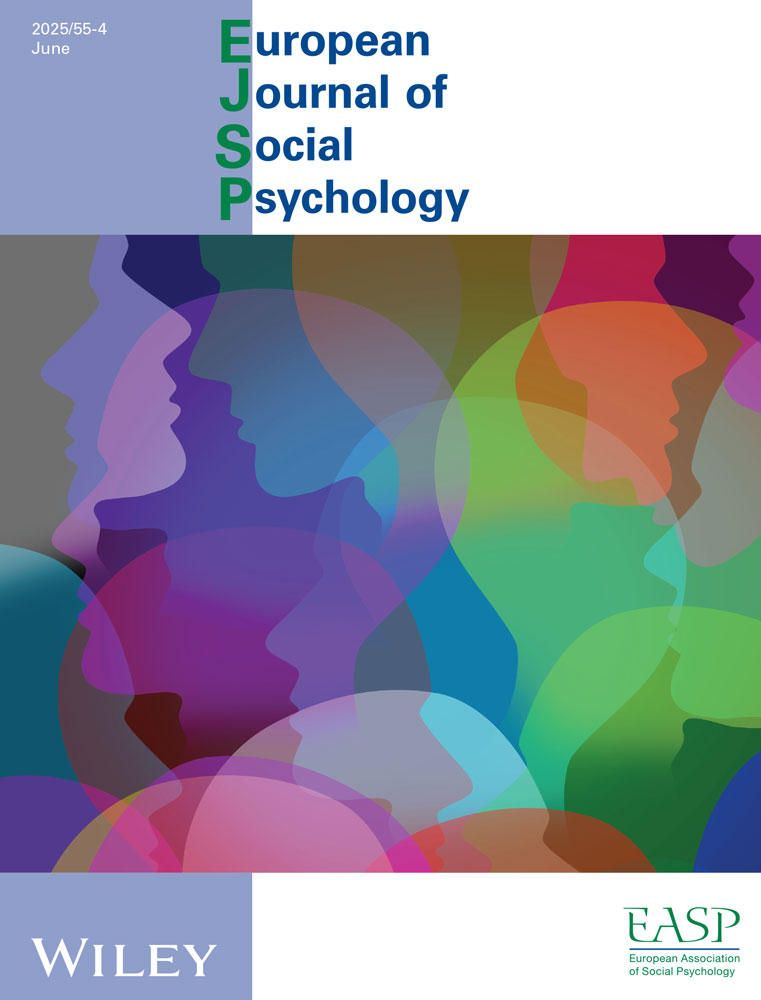How does mood operate in an impression formation task? An information integration approach
Abstract
The present study is concerned with the processes mediating the impact of mood on impression formation. Four assumptions are distinguished: (1) mood as a prime for the generation and/or association of additional information, (2) mood as a cue for the change of meaning of incoming stimuli, (3) mood as a direct source of information, and (4) mood as a cue for selective weighing of incoming stimuli, These mediating processes assumptions are specified in terms of information integration theory A pattern of hypotheses is derived which allows to examine what mechanisms underlie the impact of mood in an impression formation task. The results confirm the mood congruency effect and show that mood congruent judgments are mediated neither by change of meaning nor by selective weighing of incoming information. Also the explanation by additionally activated information primed by mood was not supported, However, the findings indicate that mood serves as a direct source of information to be incorporated into the judgment together with the presented information: (1) parameter estimations show that the global impression depenh on the person's current mood, whereas the scale values and the weights of the traits presented are independent of the mood state, (2) judgments of single traits are more influenced by mood than judgments of pairs, (3) medium traits are more affected than extreme traits and (4) the negativity effect is more pronounced in a good mood than in a bad mood. The final judgment is an averaging process of a mood-dependent global impression and of mood-independent stimulus information. Implications of these findings for current mood and social judgment models are discussed.




